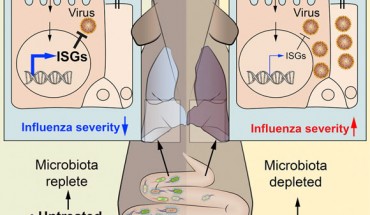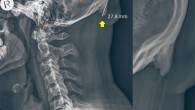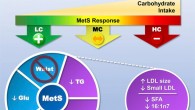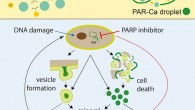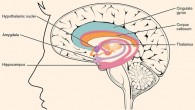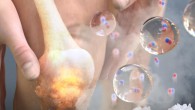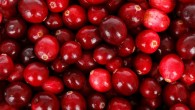In a study of mice, an international team of scientists has discovered that signals from gut bacteria help to maintain a first line of defense in the lining of the lung: when mice with healthy gut bacteria were infected with influenza virus, around 80% of them survived; however, only a third survived if they were given antibiotics before being infected. The study was published in the journal Cell Reports. Bradley et al identify lung stroma as the...

